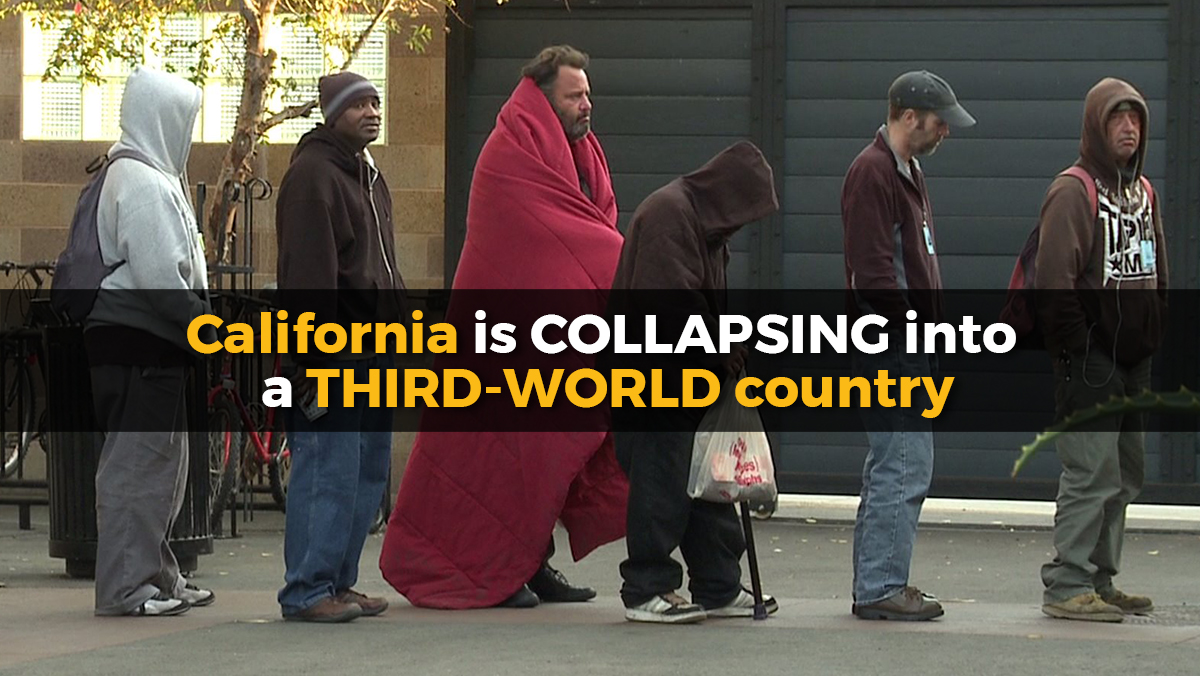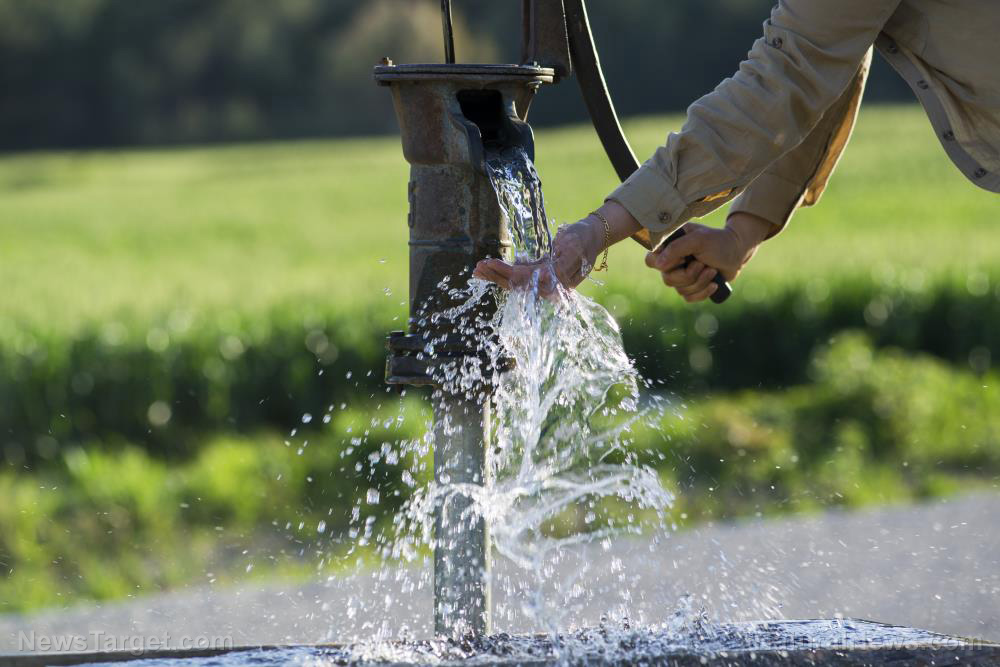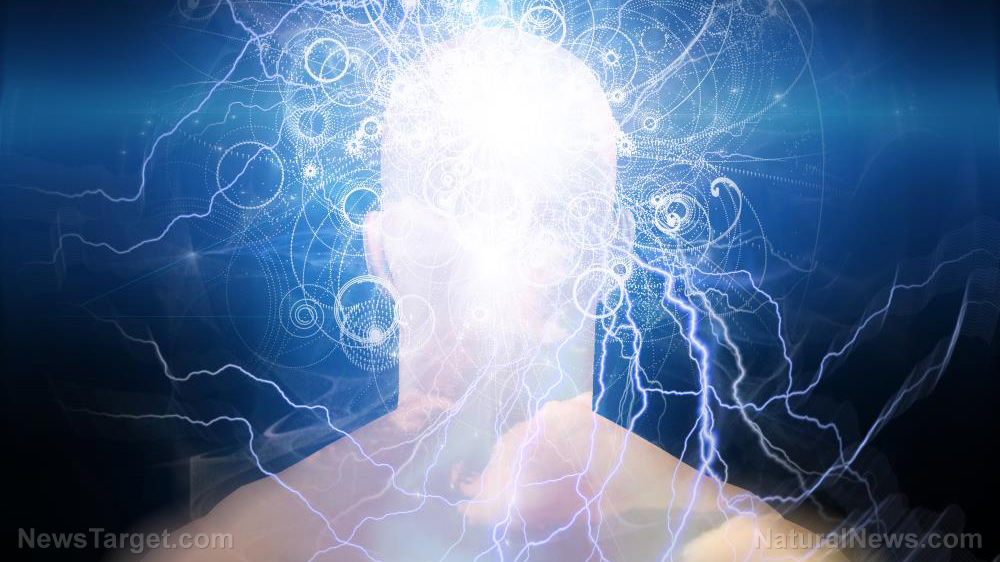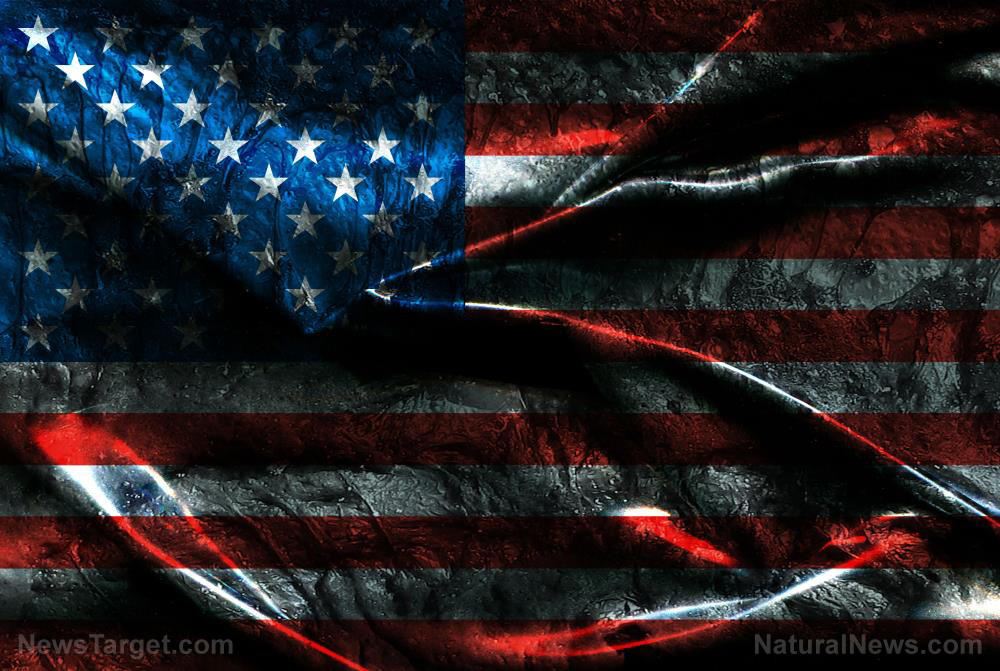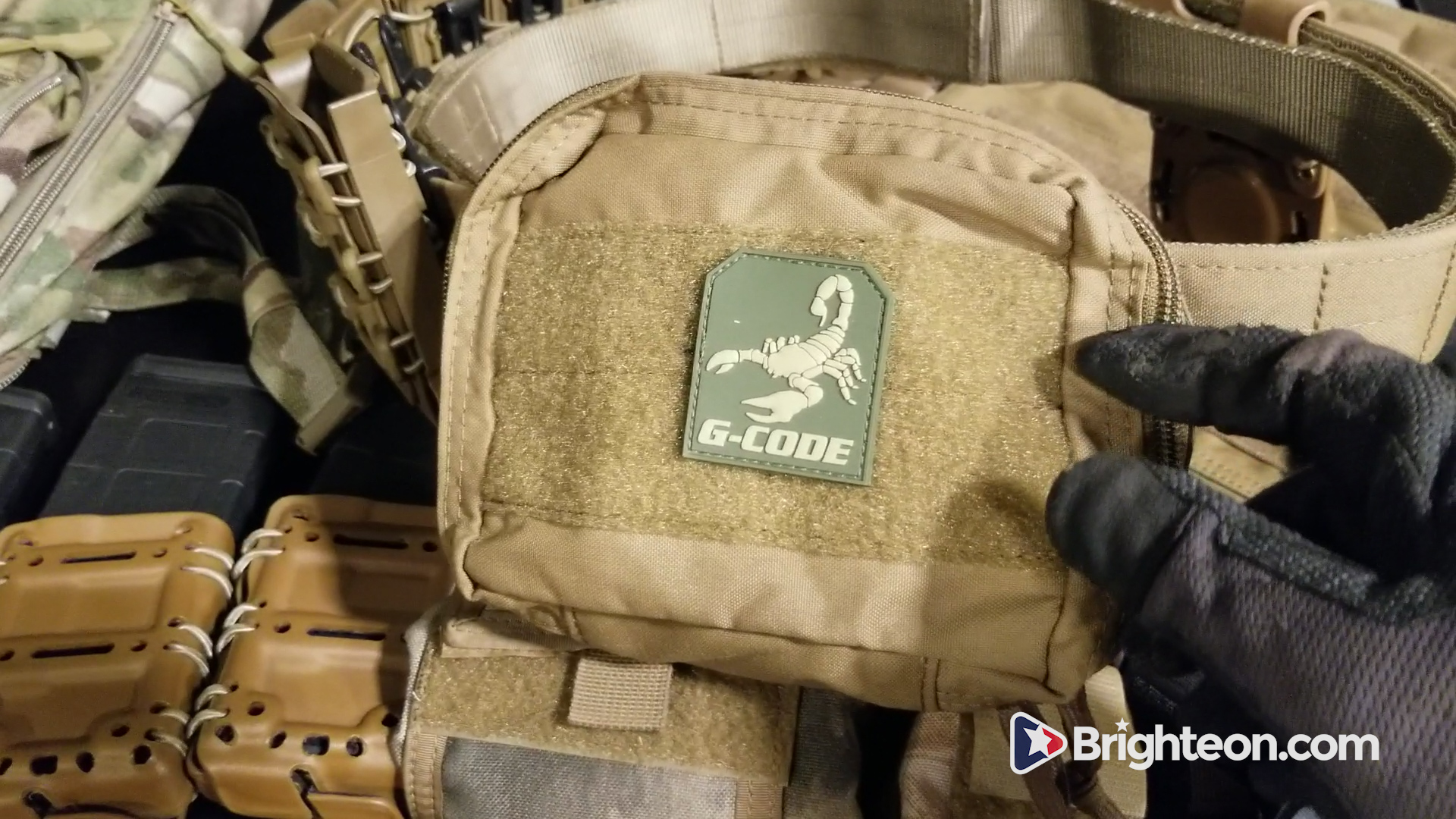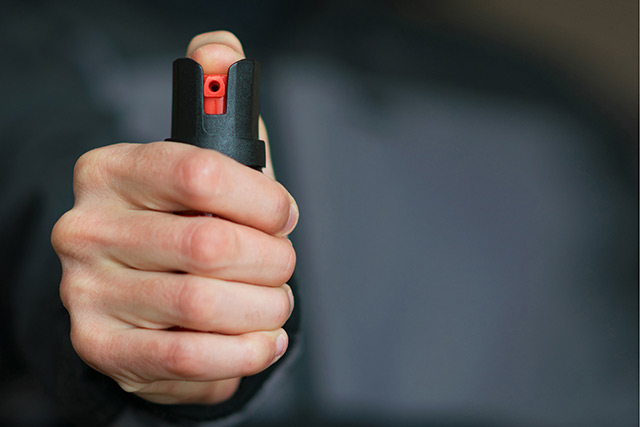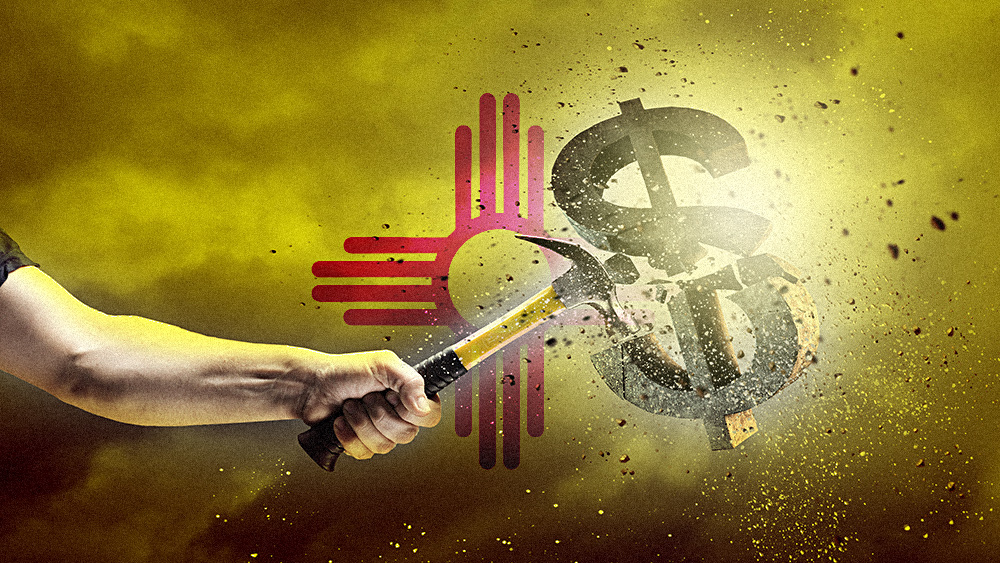Prepping 101: Post-SHTF community economies, bartering and trading
03/27/2019 / By Rhonda Johansson

Life goes on. Never will this be truer than how our economies will still function after SHTF. And while there have been – and are – many discussions on what to do during an emergency event, not a lot of attention is given to how life will change post-crisis.
After a crisis, the economy will most likely revert to a barter-and-trade system. Let’s take a look at the potential situations that may happen. (h/t to BeansBulletsBandagesAndYou.com)
Community salvage
In a large-scale disaster, it is likely that there will be the absence of a functioning government. Transportation and communication may be limited. With no established order, anarchy may ensue, and properties will no longer be owned by any one person.
Now, if the local government is relatively intact, a small community can come together to reform some kind of order. If this doesn’t happen, however, you should take it upon yourself to ensure your survival as well as those of your loved ones. Try to recover anything and everything that could be of use in a post-apocalyptic world. This includes finding items that have short shelf lives and those that can be used to ward off potential attackers.
It is never recommended that you become some sort of a vigilante, just because there are no rules. Procure weapons to protect yourself and your family; never use them to enforce your own law.
A note on weapons
Weapons are primarily items that can be used to deter attackers. These can range from guns to knives to other things such as baseball bats, crowbars, or fire extinguishers.
When choosing a weapon for SHTF, remember that you aren’t selecting items to hunt down game or predators. You are choosing arms that will help you and your family stay alive. A firearm should be your first choice when choosing a SHTF weapon, but carrying one requires you to weigh the rewards against the risks, particularly if it is illegal.
Sponsored solution from the Health Ranger Store: Lab-verified Nascent Iodine solution is a dietary supplement that provides your body with supplemental iodine to help protect your thyroid during radiation exposure. Nuclear accidents such as Fukushima (or nuclear war) can expose your body to radioactive iodine-131, a dangerous radioisotope. Pre-loading your system with stable iodine occupies the iodine receptor sites on your organs, causing your body to naturally expel radioactive iodine you may have been exposed to through air, food, water or milk products. This defensive strategy is recommended by nearly all health authorities, worldwide, including the Nuclear Regulatory Commission. Discover more at this link.
You may choose alternative weapons; just remember to select those that will not deteriorate quickly.
Weapon selection is an important aspect of economic stability post-SHTF, because you need to protect yourself first before you can focus on trading goods.
Establishing a trade
It is likely that you will begin with a one-on-one trade with a fellow survivor. This transaction involves only you and the person you are dealing with, usually at a location agreeable to you both.
Eventually a community of like-minded individuals may be established. A secure location may be set up and people will come at a predetermined time to do their trading. Depending on the situation, a permanent setup can be made, or people can make trades wherever and whenever they want.
There are more in-depth articles that will talk about bartering when SHTF, but in general:
- Have something of value. To even begin a barter, you will need to have an item that someone else wants. After SHTF, this will usually be some kind of resource such as food, water, clothing, or medicine. Keep in mind that the “value” of something depends on the individual. What may seem “valuable” to you may not be so to another person. (Related: 10 Bartering items to have when “S” really hits the fan.)
- Find someone to barter with. The beauty — and curse — of the bartering system is that there is no established price for any item. You will need to find someone who has something you want and is willing to trade it for something you have.
- Negotiate. This is another discussion completely, but how well your transaction will go depends on how well you are able to negotiate. A good rule of thumb is to talk about the value of the item you are offering. You can talk about how useful it is, or how difficult it was to obtain.
- End the deal peacefully. This is very important. Whether or not you and the other person come to an agreement, always leave each transaction peacefully. This prevents any sort of bad blood.
Read more articles on what may happen after SHTF at Preparedness.news.
Sources include:
Tagged Under: bartering, Collapse, economy, post-apocalypse, post-SHTF, preparedness, prepper, prepping, SHTF, survival, trading
RECENT NEWS & ARTICLES
COPYRIGHT © 2017 COLLAPSE.NEWS
All content posted on this site is protected under Free Speech. Collapse.news is not responsible for content written by contributing authors. The information on this site is provided for educational and entertainment purposes only. It is not intended as a substitute for professional advice of any kind. Collapse.news assumes no responsibility for the use or misuse of this material. All trademarks, registered trademarks and service marks mentioned on this site are the property of their respective owners.

